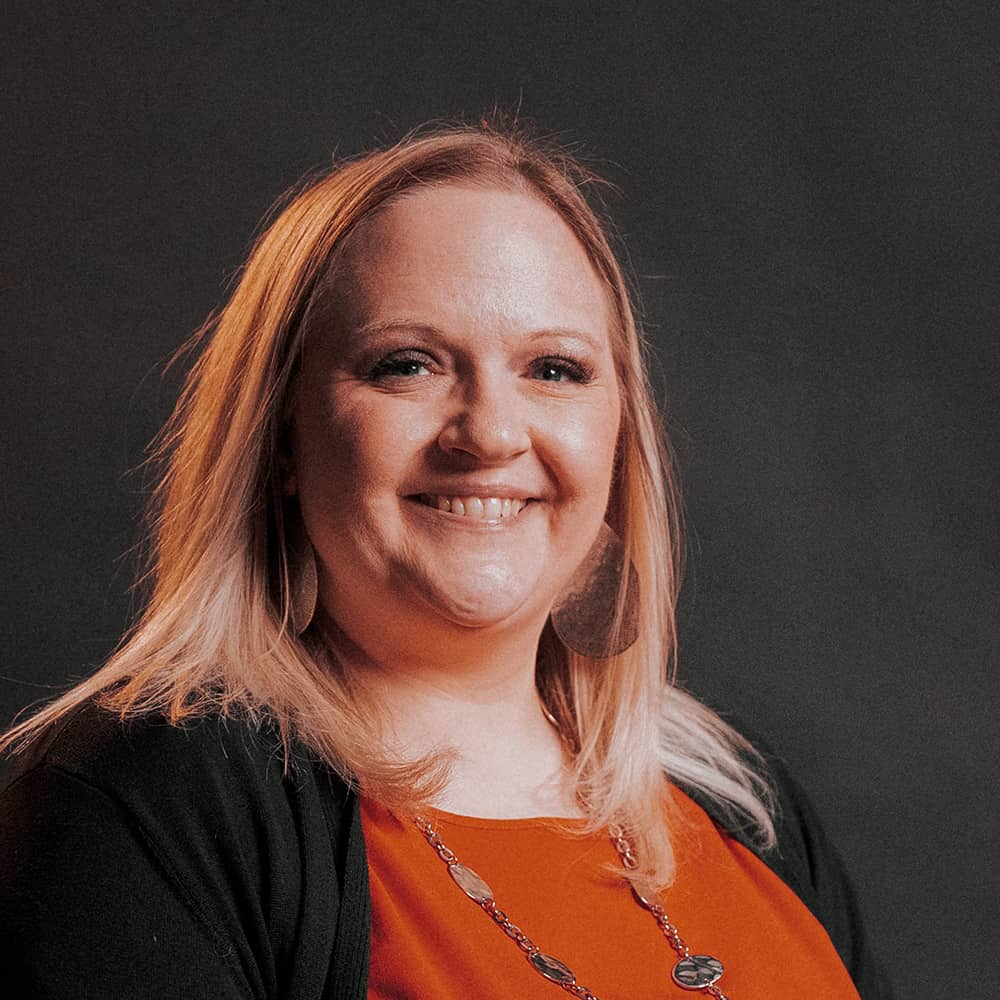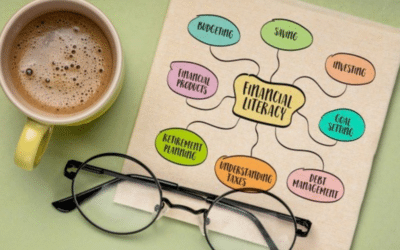We’ve all heard the saying, “Home is where the heart is.” But in the case of your home, not only is your heart invested in it but so is a lot of your money. That investment, or in other words, the payments made over a period of time, has likely helped you build equity. So what is equity? Equity is the difference between what you currently owe on your mortgage loan and your home’s current market value. If your home is worth more than what you owe, then you have equity.
If you have paid down enough of your mortgage, you can apply to borrow from your home’s equity to help pay for things like home improvements, consolidating debt, buying a car, or paying for educational or medical expenses. When it comes to borrowing from your home’s equity, there are two options: a home equity loan or a line of credit.
Home Equity Loan
A home equity loan is similar to your original home mortgage — you borrow a specific amount and receive a lump sum all at once, and then make monthly payments during a fixed repayment period. Home equity loans are often referred to as second mortgages. If you get approved for a home equity loan, you are only able to borrow a portion of your home’s equity, typically up to 90%. At Centris, we have options for longer terms (72, 120, 180 months), which gives our members a lower monthly payment. With a home equity loan, the interest rate is fixed, meaning it won’t change during the term of your loan. Therefore, you’ll know what your monthly payments will be and how long you’ll have to pay off the loan.
Why choose a home equity loan:
- You know the exact amount you need to borrow and you prefer a lump sum upfront.
- You want to know your exact monthly payments and when you’ll have the loan paid off.
- You’d prefer to have a fixed interest rate so you don’t have to worry about it fluctuating during the term of your loan.
Home Equity Line of Credit (HELOC)
A HELOC is a revolving line of credit — similar to a credit card, except you can typically get a large line of credit since you are using your home as collateral. You can borrow against the line of credit up to a limit, make payments and then take money out again to use for additional expenses. Because the amount of money being borrowed against the credit line can be different each month, your monthly payment amounts will vary, depending on the credit line’s usage. Unlike the home equity loan that has a fixed rate, the HELOC may have a variable rate, which means that your interest rate could go up or down if the market interest rates change. This can also have an impact on what your monthly payments will be which could make it more difficult to budget each month.
Why choose a HELOC:
- You aren’t sure exactly how much you’ll need to borrow or when you’ll need it.
- You want access to a revolving lower-interest credit line for varying or unexpected expenses.
- You are deliberate in your spending and can control impulse spending and a variable budget.
Is a home equity loan or HELOC right for you?
It’s always a good idea to do a little research to figure out if a home equity loan or line of credit is the best option for your situation and financial needs. As part of that due diligence, create an outline of your current budget with your income and expenses so you can see the impact of adding on another monthly payment.
Once you have all of that determined, stop into a Centris branch and chat get in touch with one of our service representatives who can help you determine which option will be a cost-effective tool for making the most of your home’s value.
For strategies and tips on creating a budget, visit our Financial Wellness Center for tools to help you track your expenses.




